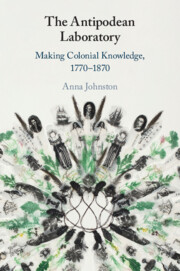At a ‘conjuncture’ in pre-modern global history, labelled by previous generations of historians as the ‘Scientific Revolution’, the societies and states of western Europe established and promoted a regime of interconnected institutions for the accumulation of useful and reliable knowledge. This placed their economies on trajectories that led to divergent prospects for long-term technological change and material progress. Although the accumulation of such knowledge takes place over millennia of time, and in contexts that are global, critical interludes or conjunctures in a ‘dialogue of civilizations’ have remained geographically localized, and indigenous in nature. Determining the locations, origins, and forms of this particular conjuncture is often dismissed as an exercise in Eurocentric history. Modern scholarship has also preferred to emphasize the roles played by craftsmen in its progress and diffusion – ignoring metaphysical and religious foundations of knowledge about the natural world. My survey aims to restore traditional perceptions that the West passed through a transformation in its hegemonic beliefs about prospects for the comprehension and manipulation of that world in the sixteenth and seventeenth centuries. It will suggest that the Scientific Revolution's remote antecedents might be traced back to Europe's particular transition from polytheism to monotheism. Thirdly, it summarizes literature that analyses how centuries of tension between Christian theology and natural philosophy led, during the Renaissance, to a displacement of scholastic and beatified Aristotelian conceptions and obstacles to understandings of the natural world. Finally, the survey will elaborate on how new knowledge flowing into Europe from voyages overseas, and medieval advances in technology, together with scepticism arising from religious warfare, stimulated a widespread search for more useful and reliable forms of knowledge throughout the Catholic and Protestant West.


